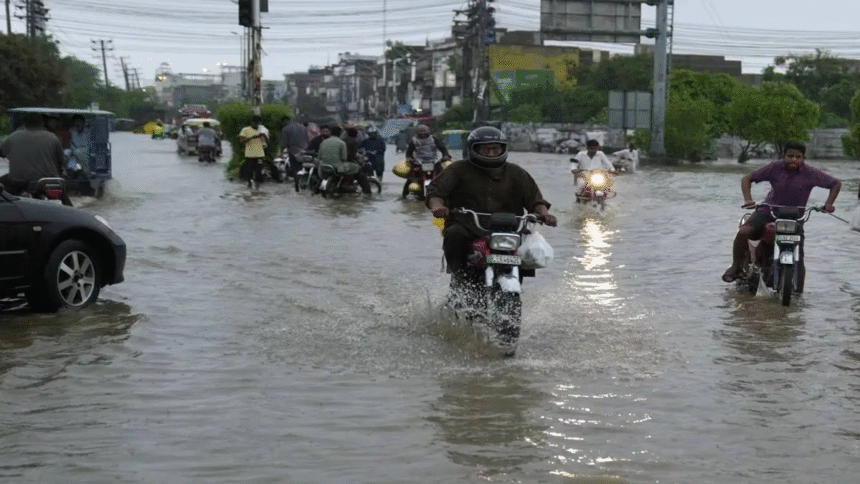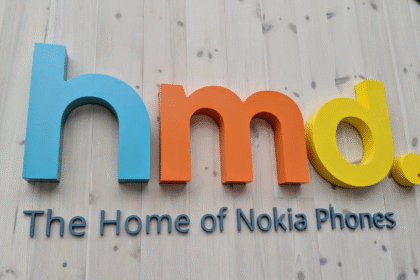Currently, Jazz is being used for sending alerts about emergency to more than 23 million people of most vulnerable locations of Pakistan.
To keep people safe and informed, the National catastrophe Management Authority (NDMA) has launched a real-time, nationwide catastrophe communication system that uses mobile technology and geofencing.
As Pakistan continues to struggle with catastrophic monsoon rains, state media reports that this new location-based SMS alert service was introduced to advise citizens in flood-prone areas about impending weather threats.
The project was created in collaboration with Jazz and NDMA as a component of the Disaster Early Warning System (DEW-3 – Monsoon). To determine high-risk regions, the system incorporates geo-fencing and immediately alerts millions of users of Jazz, helping them to take the appropriate precautions in emergency or relocate.
With continues monsoon rains creating disaster while killing over 80 lives since June, the launch came at an important moment.
As stated by NDMA, more than 23 million users of Jazz lives in areas that are prone to flooding as well as other risks associated with climate change.
Aamir Ibrahim, the CEO of Jazz stressed about the significance of this public-private relationship, pointing out that Jazz is a perfect partner for NDMA’s objective to lower disaster risks because of its wide network and location-based services.
According to APP, he stated:
“As the monsoon season continues, our ongoing collaboration aims to reach and protect even more people in danger,”
Through the use of sophisticated geo-fencing, the system delivers tailored SMS alerts to individuals in impacted areas, giving them clear instructions to help them react appropriately in an emergency.
The alliance with Jazz received praise by NDMA, which highlighted that geo-fenced notifications are making it easier for them to immediately get in touch with regions that are at risk and to make sure that no one is left in the dark during disasters.
This collaboration, which was officially announced in March 2025, is a component of a larger plan to use digital innovation to improve Pakistan’s preparedness for disasters. When new emergency regions are discovered or weather patterns change, the alert system is made to adjust.
The Pak NDMA Disaster Alert mobile app, social media updates, and mainstream news broadcasts are all part of a broader effort to modernize disaster response, according to NDMA officials.
From the devastating floods of 2022 to frequent heat waves and droughts, Pakistan has experienced an increase in climate-related calamities in recent years. The need for strong early warning and resilience systems in Pakistan is more critical than ever, since the country is ranked among the top ten most climate-vulnerable in the world by the Global Climate Risk Index.







